ITIL® 4 Specialist: Business Relationship Management Training
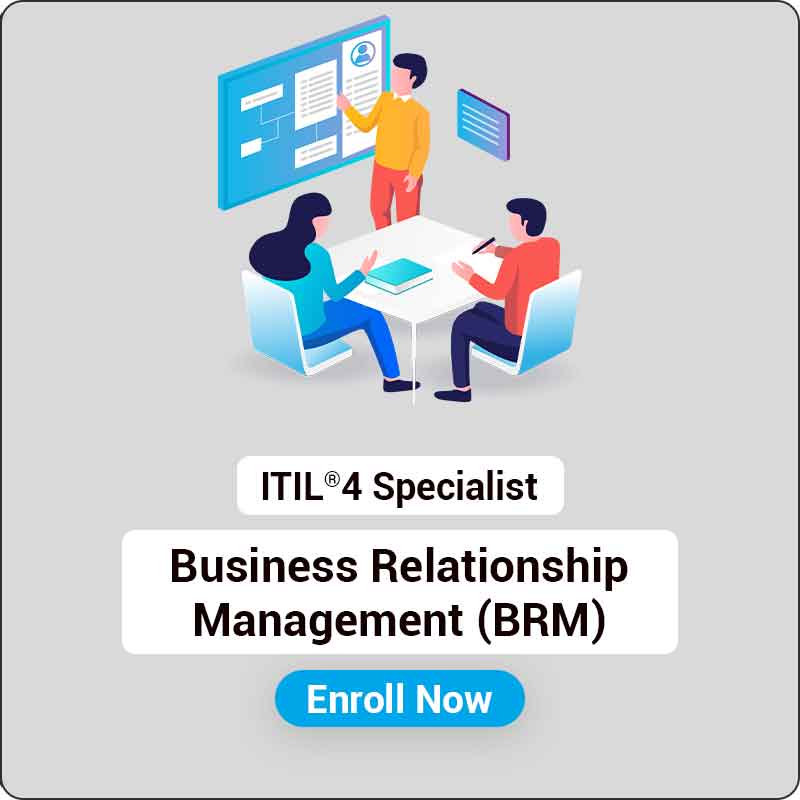
Accredited By

Course Package
Exam Voucher by PeopleCert
Official Training Material from PeopleCert
Official ITIL®4 BRM E-Book
Highly Experienced & Accredited Instructor
Live Instructor-Led Sessions
Real Life Examples & Case Studies
Lifetime LMS Access
K-Prime Warranty
Target Audience of ITIL® 4 Specialist: Business Relationship Management (BRM) Certification
The ITIL® 4 Specialist: IT Asset Management (ITAM) module is primarily designed for professionals who are involved in or responsible for IT asset management within an organization. The module is especially pertinent for:
-
Business Relationship Managers (BRMs)
-
Service Delivery Managers
-
IT Service Managers and Practitioners
-
IT Managers and Directors
-
IT Consultants and Business Consultants
-
Relationship Managers and Account Managers
Pre-requisites of ITIL® 4 Specialist: Business Relationship Management (BRM) Training

ITIL® 4 Specialist: Business Relationship Management (BRM) Exam and Certification Information
-
No. of Questions: 40
-
Exam Duration: 90 minutes
-
Exam Format: Multiple Choice Questions (MCQ)
-
Pass Marks: 26 out of 40 (65%)
-
Exam Type: Closed Book
ITIL® 4 Specialist: Business Relationship Management (BRM) Certification Journey

Learning Objectives of ITIL® 4 Specialist: Business Relationship Management (BRM) Course
The ITIL® 4 Specialist: Business Relationship Management (BRM) module's learning objectives are intended to provide students with a thorough comprehension of the fundamental concepts, principles, and practises of effective business relationship management. The specific learning objectives for the BRM module may vary marginally depending on the training provider, but the following is a general overview:
-
Understand the role and importance of business relationship management in IT service management:
-
Explain the purpose and benefits of effective business relationship management.
-
Understand how BRM contributes to the achievement of business objectives and customer satisfaction.
-
Understand the key concepts and principles of business relationship management:
-
Explain the core concepts and principles of BRM, such as stakeholder engagement, value creation, and customer-centricity.
-
Understand the relationship between BRM and other ITIL® practices, such as Service Level Management and Service Portfolio Management.
-
Understand customer needs and expectations:
-
Understand customer needs and expectations.
-
Develop techniques for effective stakeholder engagement, communication, and relationship building.
-
Capture and manage customer feedback and requirements to ensure service alignment.
-
Capture and manage customer feedback and requirements to ensure service alignment:
-
Define and implement communication channels and forums to engage with customers.
-
Establish methods for collaborative decision-making and problem resolution.
-
Foster trust and credibility with customers through effective communication and relationship building.
-
Optimize IT Asset Performance and Value::
-
Evaluate and optimize the performance and value of IT assets.
-
Implement controls and measures to improve asset utilization and cost-effectiveness.
-
Implement controls and measures to improve asset utilization and cost-effectiveness.
-
Foster trust and credibility with customers through effective communication and relationship building:
-
Define roles, responsibilities, and accountability for BRM.
-
Establish performance metrics and measurement frameworks for monitoring BRM effectiveness.
-
Ensure compliance with relevant policies, standards, and regulations.
-
Continuously improve BRM practices and outcomes:
-
Identify opportunities for improvement in BRM processes and activities.
-
Use feedback and metrics to drive continuous improvement in BRM effectiveness.
-
Use feedback and metrics to drive continuous improvement in BRM effectiveness.
Course Outline
- ITIL® Foundation recap
- Overview of BRM and its importance in IT service management
- Key concepts and principles of BRM
- Relationship between BRM and other ITIL® practices

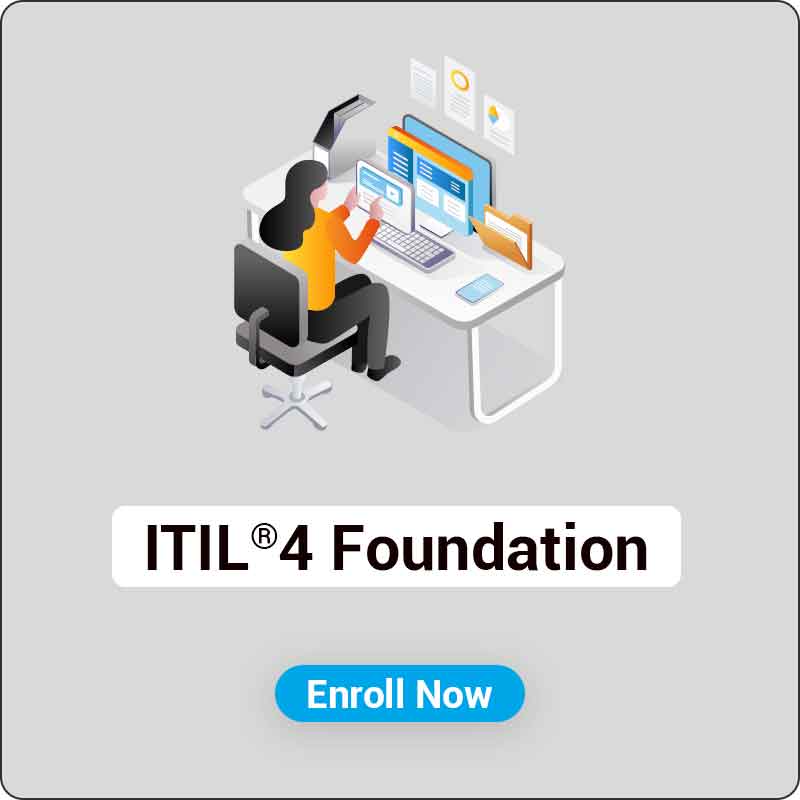
.jpg)
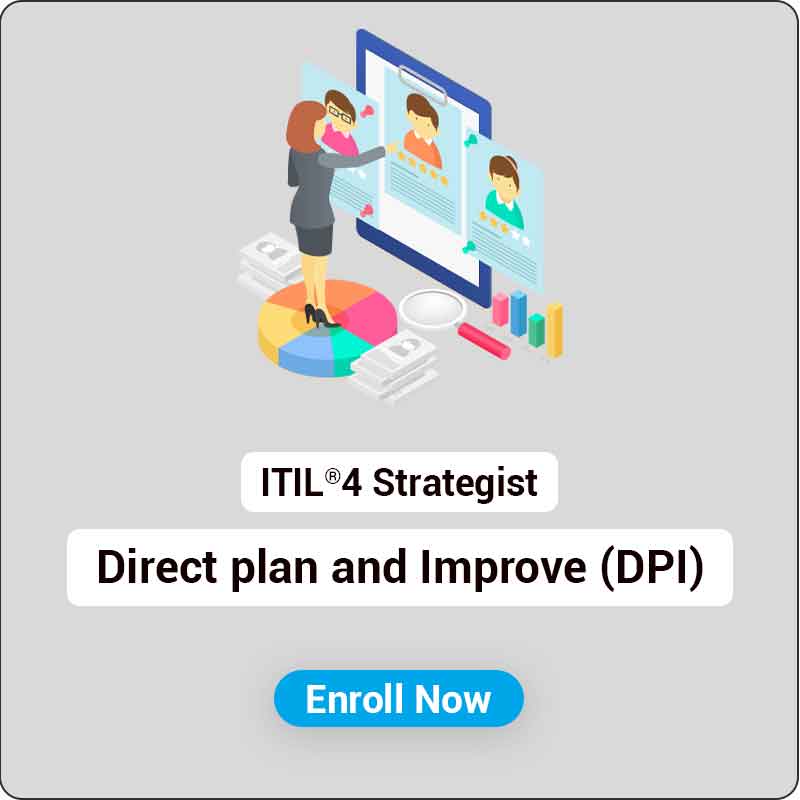
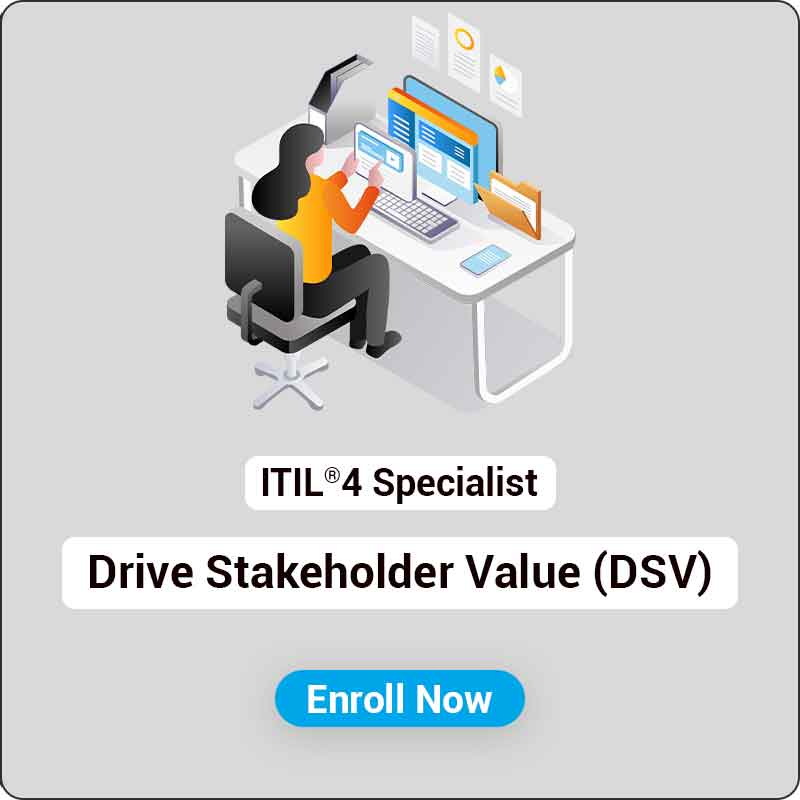

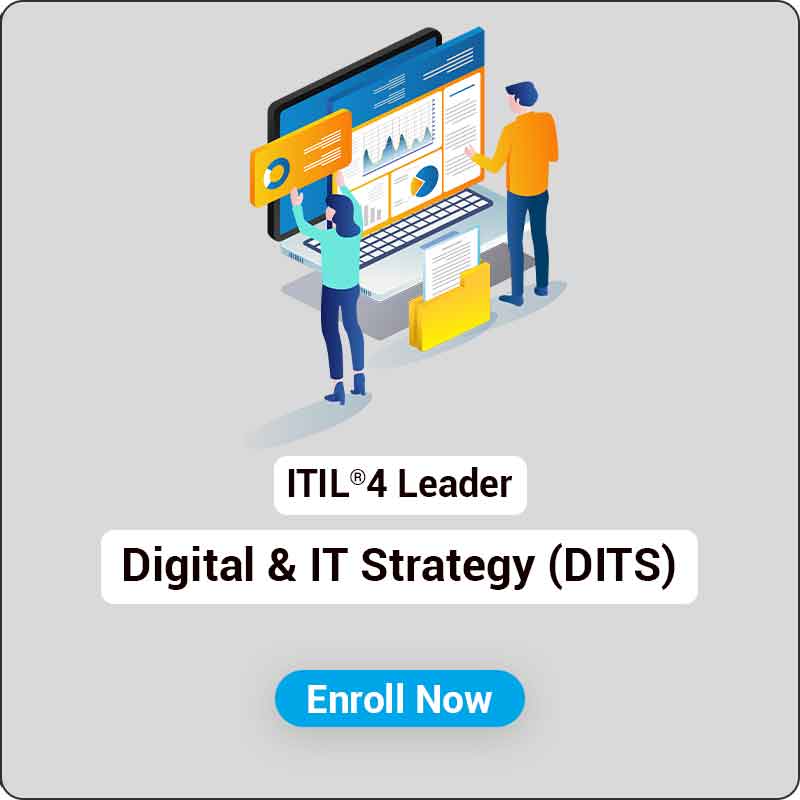
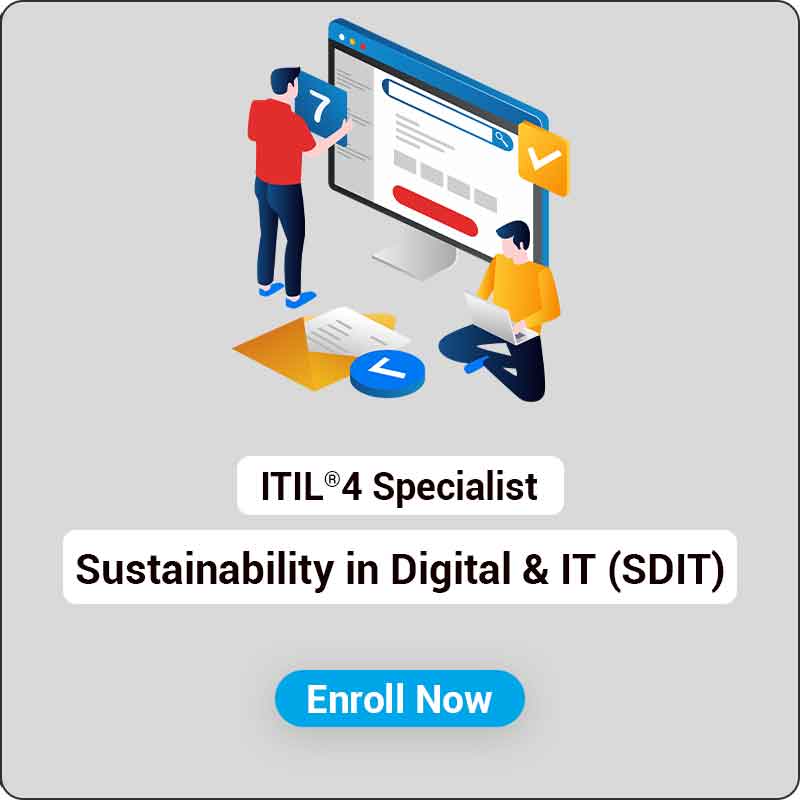
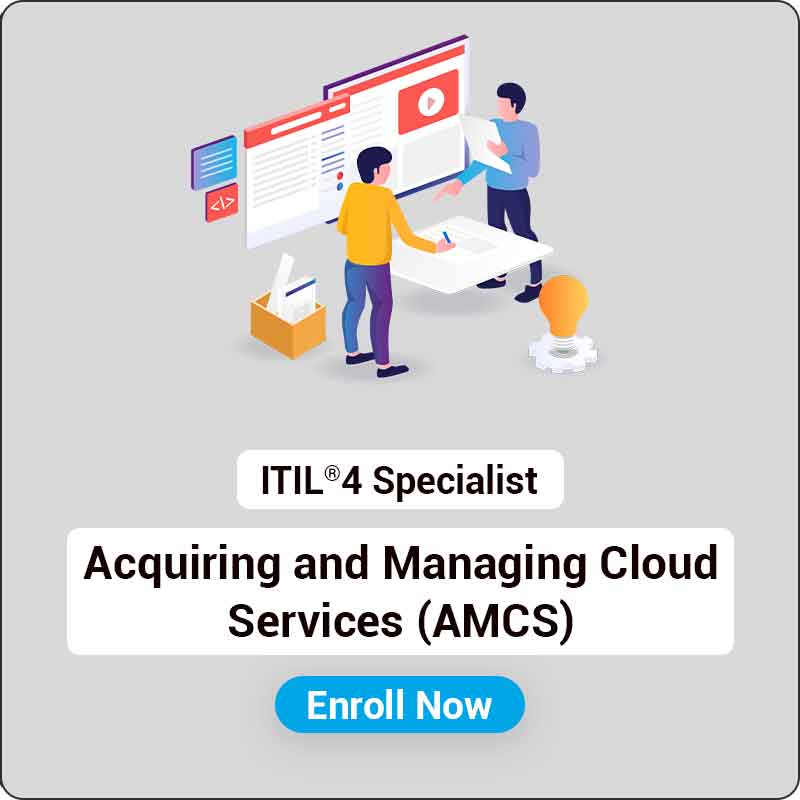
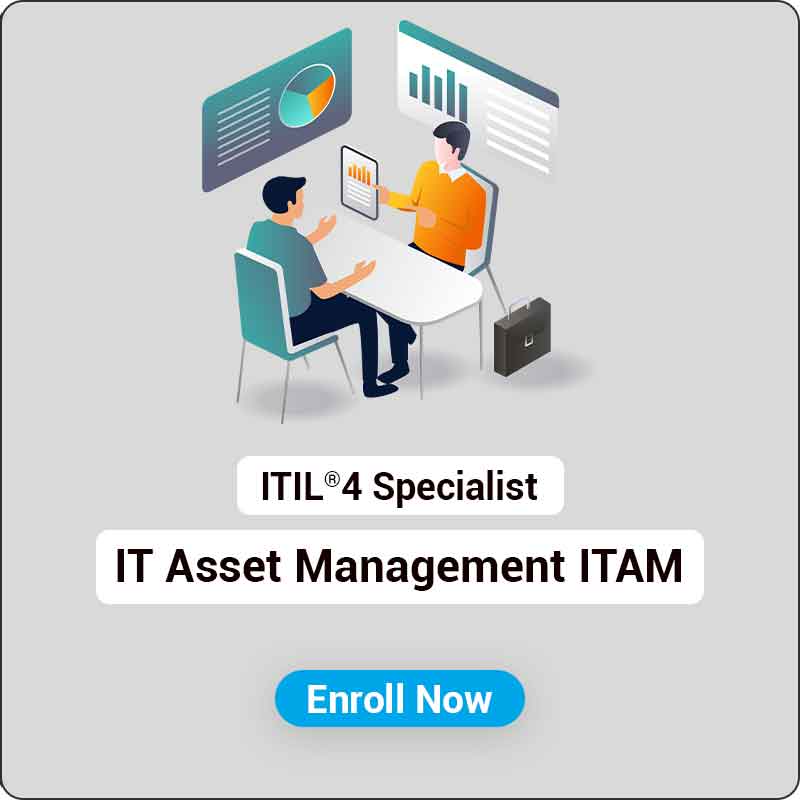


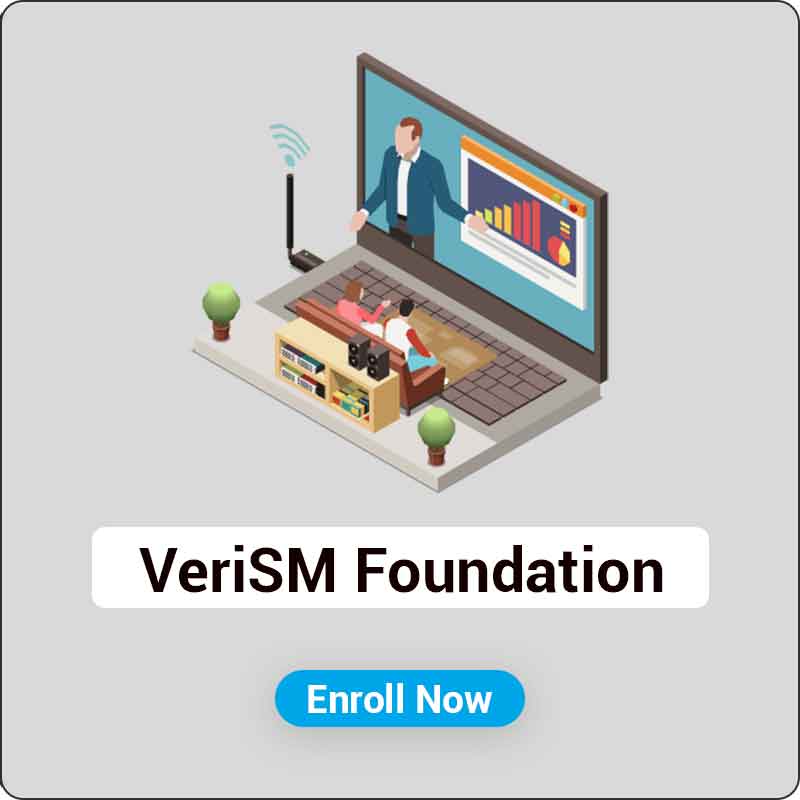
.jpg)
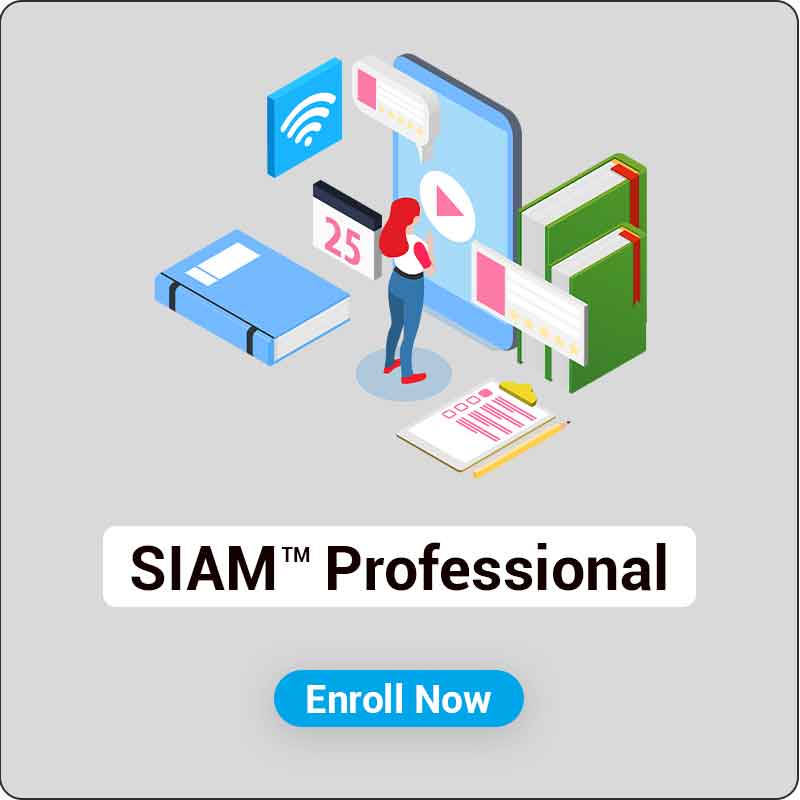
.jpg)
.png)
.png)

.jpg)
